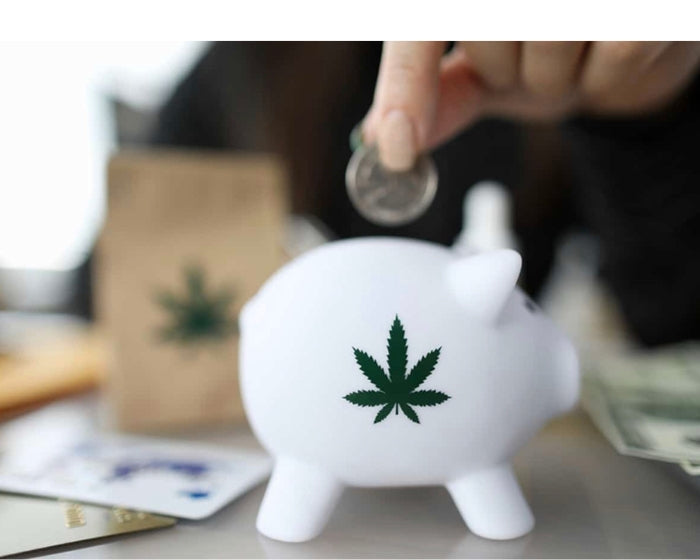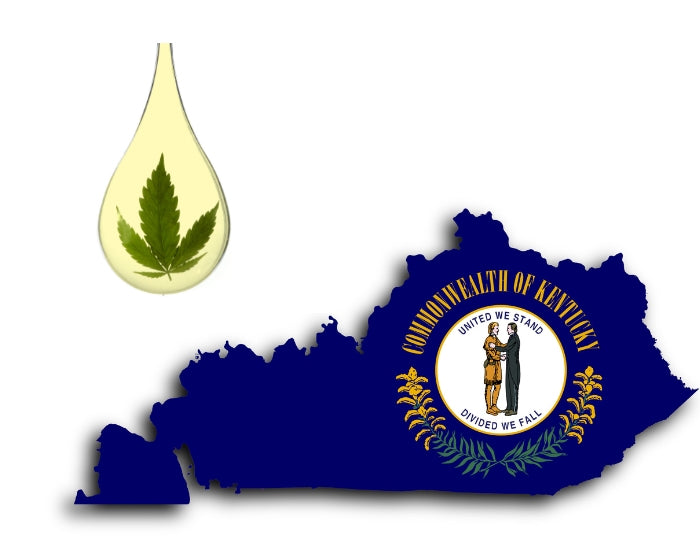Two measures aimed at creating a legal framework for hemp-derived cannabinoids as food and beverage additives receive new life this week.

According to multiple media outlets, bipartisan Congressional lawmakers refiled a pair of bills this week designed to establish a path for regulating hemp-based products like CBD as dietary supplements and food and beverage additives. The measures would dictate that CBD and other hemp-derived variants be made lawful as food and food ingredients. They would also create regulatory guidelines for such products.
The refiled Hemp and Hemp-Derived CBD Consumer Protection and Market Stabilization and CBD Product Safety and Standardization Acts, previously introduced in Congress on February 4th, 2021, and December 2nd, 2021, respectively, are being sponsored by Rep. Morgan Griffith (R-VA) and Angie Craig (D-MN), reflecting both political parties' support for the initiatives.
Both bills failed to pass the first time around. However, with Congressional leaders under mounting pressure to legislate a pathway for the largely unregulated CBD market, lawmakers are attempting another round of legislative discussions concerning the hotly debated and mostly misunderstood hemp offering.
Adding more urgency to the question of how to handle CBD and other hemp products, the U.S. Food and Drug Administration (FDA), which is responsible for regulating hemp-derived products like CBD, announced earlier this year that Congress would need to pass additional legislation to establish more legal clarity on these items in order for the agency to evaluate and manage them properly.
Sanford Stein of Chicago-based Cannabis Law said, "These reforms are a long time coming. The FDA has been treating hemp like a new drug, not a food supplement or dietary aid."
"These reforms are a long time coming. The FDA has been treating hemp like a new drug, not a food supplement or dietary aid."
- Sanford Stein, Attorney at Cannabis Law
As currently constructed, the Hemp and Hemp-Derived CBD Consumer Protection and Market Stabilization Act (H.R., 2023, p. 841) would make CBD and other hemp flower derivatives legal dietary supplements under the Federal Food, Drug, and Cosmetic Act (FDCA).
The CBD Product Safety and Standardization Act (H.R., 2023, p. 6134) would mandate the FDA to develop guidelines regarding maximum per-serving amounts of CBD in foods and beverages. It would also create labeling and packaging requirements and establish the "conditions of intended use" for the various potential hemp product offerings.
Since the FDA has been treating CBD as a drug, the ubiquitous and popular hemp-derived product is technically barred from being marketed and sold as a dietary supplement. The agency points to studies indicating that CBD may harm the liver and the male reproductive system to support its decision regarding CBD's status.
Likewise, in its January announcement, effectively "punting" the issue back to Congress, FDA stated that there is insufficient data concerning how CBD interacts with other drugs and its effects on children and pregnant women. The agency also echoed many states' alarm about delta-8 THC products, which are mass-produced isomers created from CBD.
However, despite these claims, FDA has done little to support more extensive research into CBD and its potential as a safe and viable food and beverage additive. Instead, it has spent much of its efforts issuing warning letters to vendors over marketing claims and tainted products.
For many industry advocates and stakeholders, the FDA's inaction and lack of initiative have led to devastating economic consequences for farmers, manufacturers and retailers, as well as potential health and safety concerns for the consuming public.
Jonathan Miller, General Counsel for the U.S. Hemp Roundtable, echoes that sentiment, saying, "The FDA's inaction over the past four years has had a devastating impact on U.S. hemp growers, and has left thousands of unregulated products on the marketplace, raising health and safety concerns for consumers."
"The FDA's inaction over the past four years has had a devastating impact on U.S. hemp growers, and has left thousands of unregulated products on the marketplace, raising health and safety concerns for consumers."
- Jonathan Miller, General Counsel for the U.S. Hemp Roundtable
For now, the solution lies in the hands of lawmakers like Griffith and Craig. Hopefully, Congress can use this second opportunity to get it right and formulate a practical framework for regulating CBD as a dietary and beverage supplement moving forward. With the CBD market expected to increase to $22.05 billion by 2030, there is too much at stake financially and from a health and wellness perspective for federal leadership to remain stagnant.






































